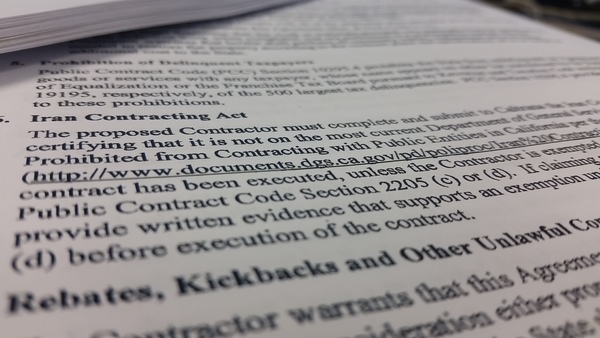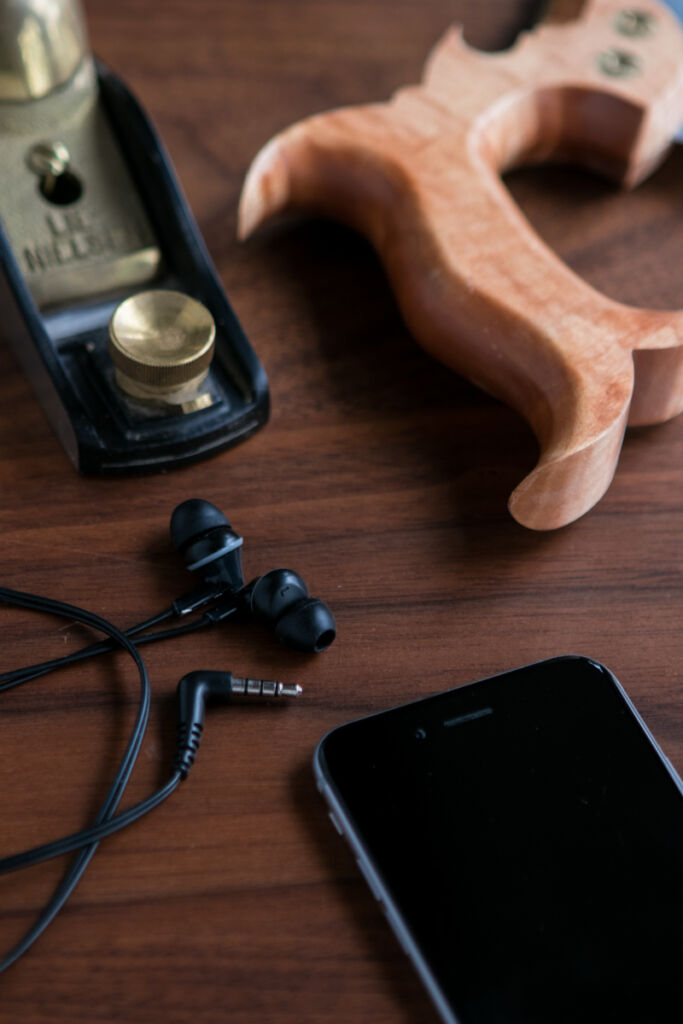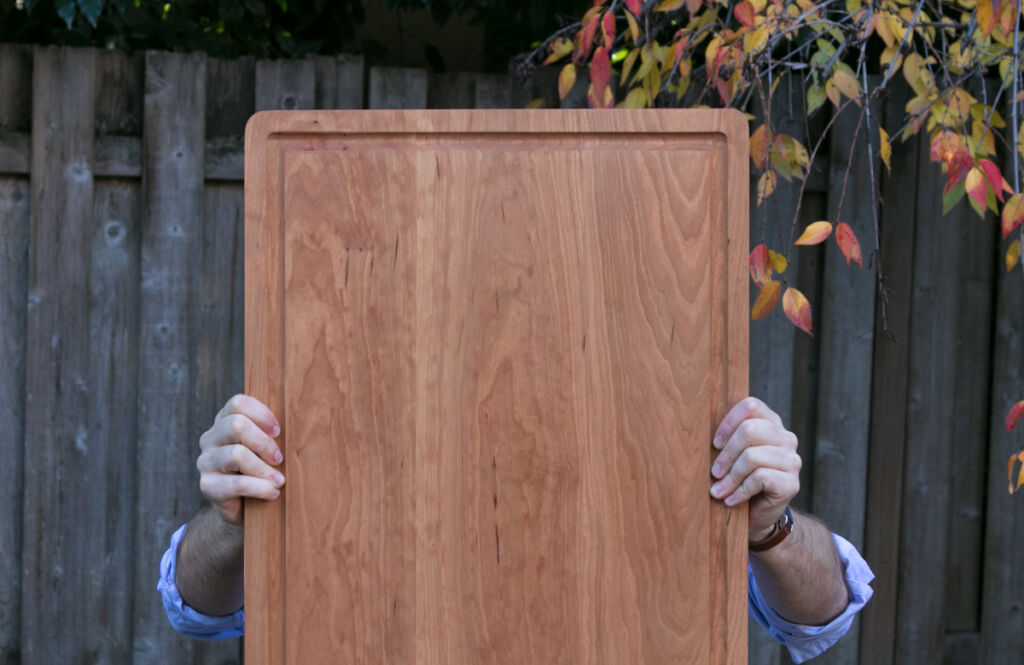![credit: David[manmadediy.com] Money](https://thediyblueprint.com/wp-content/uploads/2021/08/DSC_0471_large_large.jpg)
My dad taught me many things when I was growing up. Here are five important standards I took from what he had to say about money, and a few I’ve learned on my own.
1. You need to know how to count. – My dad could do money math in his head. Calculating interest, monthly costs, finding the total and most importantly weeding through the hype. Zero money down, no interest, low monthly payments are all great words, but what’s that bottom line say? He would grill me on how much something cost on a monthly basis, or how much interest was in the end. Today, I’ve learned how to do it myself and it serves me well just about daily. Take the time to learn how to estimate percentages, monthly payments, and definitely bone-up on what that low-interest loan is actually costing you.
2. If you don’t understand it, don’t do it. – Something I see trip up people financially is doing something they don’t understand. It comes down to this: If you can’t explain it easily to a 3rd grader, then your shouldn’t do it. Investing and buying doesn’t have to be complex, and if that salesman can’t get the concept across in a way you understand find someone who can. If you don’t know what you’re investing in, don’t invest in it. Period.
3. Never compromise your integrity. – “Everyone has a price” right? There’s a concept out there that at some threshold you’ll compromise your integrity for money. In the back of our mind, we all assume about 1 million is minimum right? Unfortunately, many people are willing to ditch their conscience for much less than that. Someone forget to charge you at checkout? Find a wallet with some crisp 20’s inside? My dad was adamant about this. If it’s not yours, it’s not yours. Be the man that everyone appreciates who will go out of their way to guard their integrity, it’s worth it.

4. Everything is negotiable. – Sure, there’s a price tag on it, but what’s the real bottom line. My dad was always willing to ask, and paid less most of the time because of it. He had this idea that there was always an angle, and it was almost a game to figure it out. Find something shelved long enough to gather a bit of dust, a damaged box, or just come out and ask for a deal. The trick to this is ask the right person with the authority to make an adjustment, like a manager.
5. You need to save it, but be sure to spend some. – For a long time, I was talked to about shoveling every bit of scratch away from each paycheck. It came in everyday conversation “how much you have saved now?” Or in small comments “There’s always a rainy day, you’re prepared for that right?”. So, I did save. Everything. I saved a bit here and there, I stashed it in envelopes, I made sure it grew. But now, the message has changed: “Life’s too short to live poor, if you’ve got it let loose a bit and have some fun.” Memories don’t come from cash in the bank. So, I’ve started to let loose a bit more and it’s been a blast.
Invest in experiences, not things. It’s an overused adage, but it’s crazy true.

In addition to my Dad’s great advice, I’ve learned a few things myself:
6. There are two ways to end up with more. – For a while, I was focused on growing my income. It’s important, but after a few raises I realized my lifestyle grew to match. That’s when the other side of my money started to become important. If you can lower your “monthly nut” (my dad called it this) then you keep more of what you make. The monthly nut is the number it takes to stay off the street, bills that you just can’t skip. I started to focus on lowering some bills, and getting rid of the ones I could. I paid off my car, the credit cards, and even went solar to get rid of my electrical payment. Those bills disappearing amounted to a massive raise to myself over the course of a few years.
7. There’s plenty of it out there. – I have learned the past few years that there is plenty of money out there for those that figure out how to hustle. You can find some of it with side jobs, freelance work, or making something worth selling. It was a great day when I realized that I could supplement that paycheck with a bit of side hustle.

8. Spending is the purest indication of your priorities. – Let me see your checkbook and I can figure out your priorities pretty fast. Go take a look at it yourself. Do you invest all of your spare money in fast food, video games, or clothes? Nothing wrong with spending on things that make you happy, but just ask yourself if that’s the legacy you want to build. Put your money where you want to see it go, not where it easily flows.
Be proud of where your resources go. If you’re not, adjust your priorities.
I’m sure there are a few other things I’ve learned along the way I didn’t mention, how about you? What have you learned from others that have made the difference in how you handle money?







